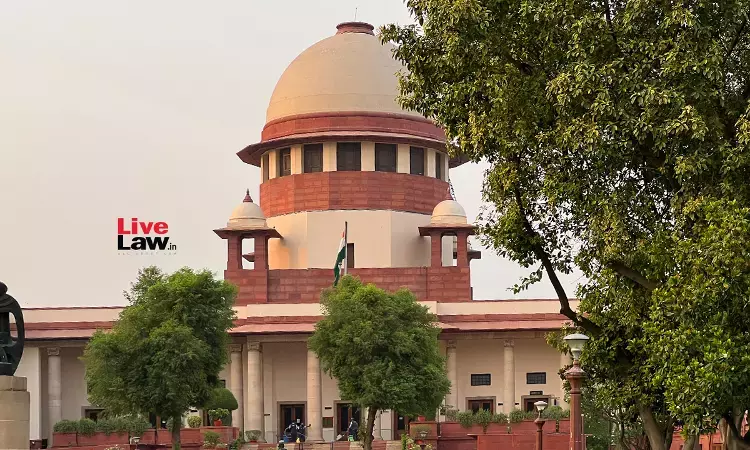Conditions For Transit Anticipatory Bail In FIRs Registered In Other States : Supreme Court Explains
Suraj Parmar
21 Nov 2023 11:31 AM IST

Next Story
21 Nov 2023 11:31 AM IST
In a significant and groundbreaking judgment, the Supreme Court has held that High Courts and Sessions Court have power to grant interim/transit anticipatory bail even when the First Information Report (FIR) has been registered in another State. The Court finally set aside the judgment of Patna High Court in Syed Zafrul Hassan and the judgment of Calcutta High Court in Sadhan Chandra Kolay to...
